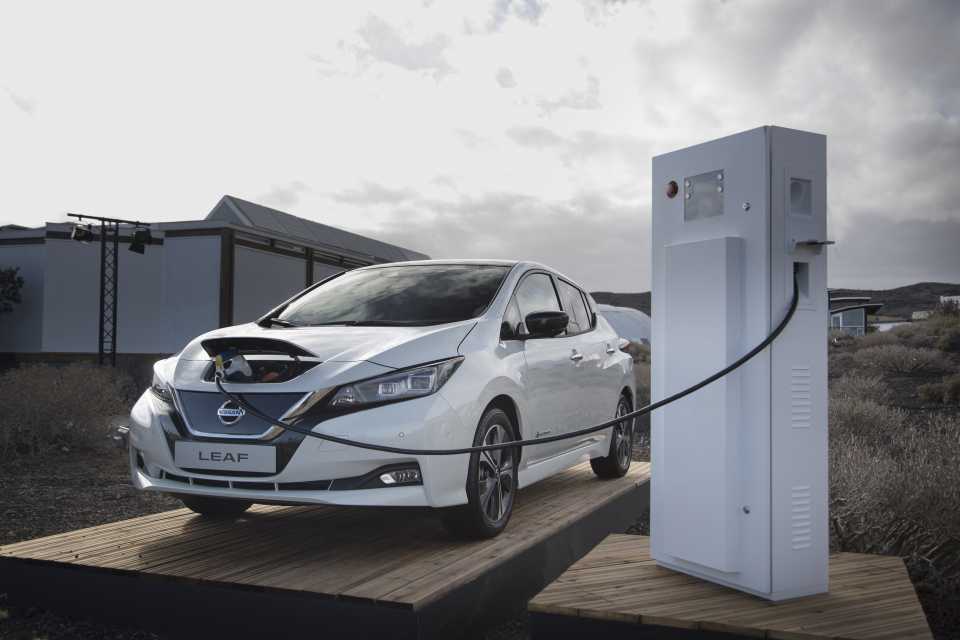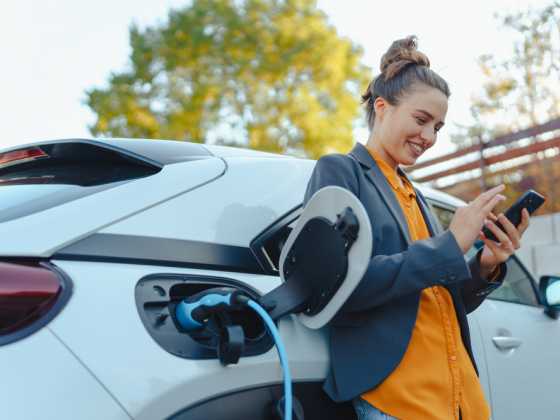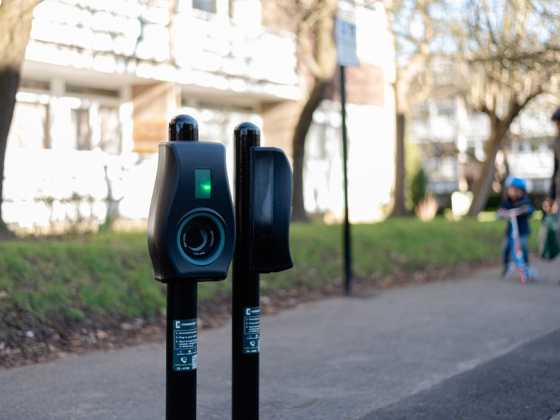Nissan to lead £9.8m Vehicle-to-Grid demonstrator project

A project to see how Vehicle-to-Grid (V2G) charger installations could help fleet customers has been awarded £9.8m from OLEV and the Department for Business, Energy and Industrial Strategy.
The project will look at data from 1000 Vehicle-to-Grid (V2G) charger installations in the UK and evaluate a commercial offer to electric vehicle fleet customers.
The chargers will be controlled by an aggregator and data will be collected to understand the technical characteristics of vehicle to grid charging for both the vehicles and the electricity networks.
The consortium, led by Nissan, hosts expertise from across the whole Vehicle-to-Grid value chain including V2G infrastructure/aggregator provider Nuvve; The National Grid; Distribution Network Operators (DNOs); and UK Power Networks and Northern Powergrid.
The research and analysis activities will be supported by Newcastle University and Imperial College London
Francisco Carranza, Managing Director of Nissan Energy at Nissan Europe said: “Today, our electric vehicles are not just transforming the way we drive, but also the way we live. We now look at our cars as so much more than products which simply move people from A to B – they are an intrinsic part of the way we consume, share, and generate energy. This will have a fundamental impact on the shift from fossil fuels to renewables.
“Our EVs can be plugged into the grid and support the transmission and distribution companies in making the UK grid more sustainable and more stable. The increase of electric vehicles penetration, the introduction of more and more distributed generation and storage and the overall increase in renewable energy penetration should be done smartly.
“To ensure Nissan plays a wider role in the advancement and protection of our cities, our electric V2G-ready vehicles will be used as clean mobile energy units.
“Nissan has also reiterated its bold mission to offer customers free power for their EVs. V2G introduction will change the rules of the game and make energy cheaper for everyone.”



